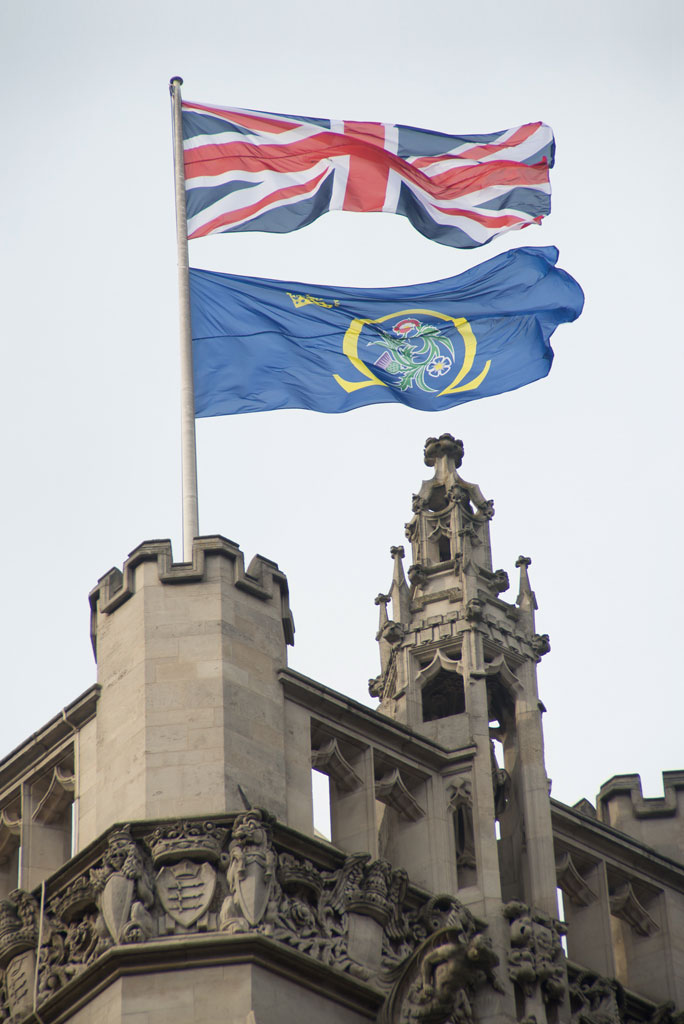
What did we learn from the Supreme Court’s hearing of the Brexit case? Michael Zander QC on whether the outcome can be predicted
- There were around 140 substantive judicial interventions during the oral argument in the Art 50 case.
In some quarters R (Miller and Dos Santos) v Secretary of State for Existing the European Union was regarded as an attempt to stop or at least delay Brexit. Whatever the motives of those who initiated the litigation in the aftermath of the referendum vote last June, by the time it reached the Supreme Court, it was clear that it would achieve neither objective. On Thursday 7 December, the penultimate day of the four-day hearing, the House of Commons emphasised that reality by voting by 448 to 75 approving the triggering of Art 50 before 31 March 2017.
“One hopes that a leak from the Supreme Court can be discounted as improbable”
But for all that, the case is important. The Supreme Court recognised its importance and sensitivity by having all 11 justices sitting and making it possible for hundreds of thousands









